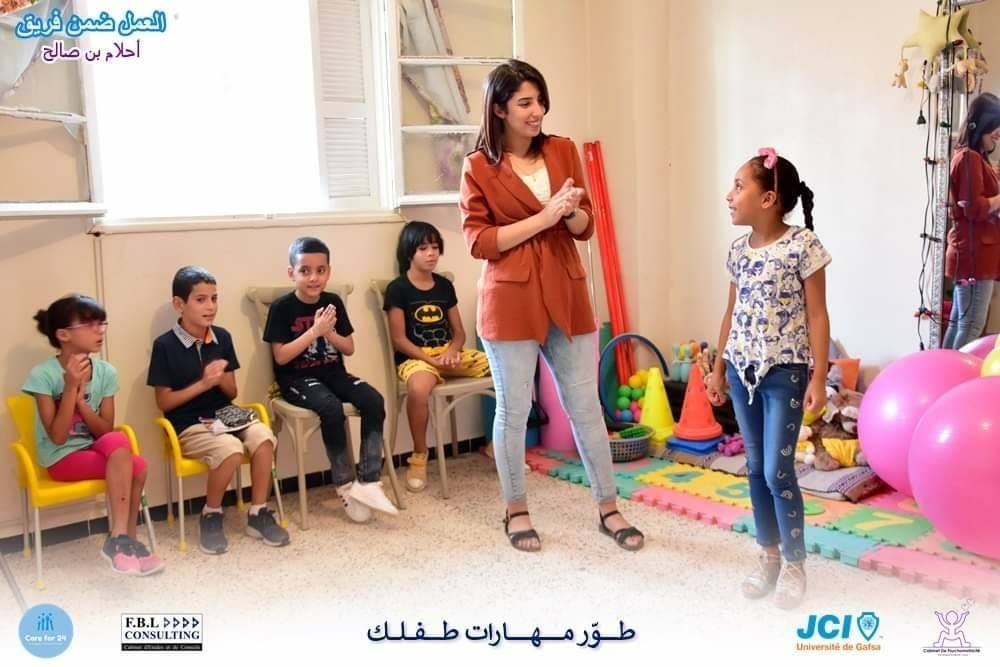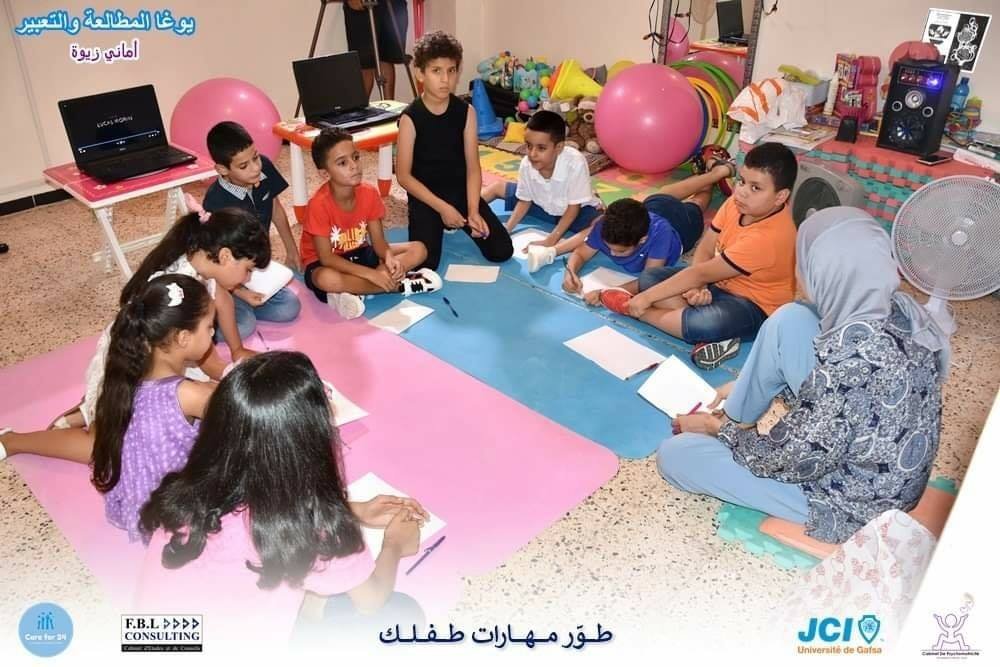Before the recent launch of Care for 24’s ambitious plan to modernize education in her home country of Tunisia, founder Olfa Hamdi may have been nervous about student reactions in a nation where learning is typically motivated “by the stick instead of the carrot.” However, those nerves are long gone after seeing how the children repaid the smiles of their teacher Marwa Sandi with smiles of their own.
All too often, education is perceived as punishment rather than a gateway to opportunity. Backed by their own entrepreneurial experience, Hamdi and Care for 24’s Board understand the critical need to change that dynamic through a program that includes a rejuvenating shot of the energy to innovate, the same energy that drives entrepreneurs and spurs successful careers. Marwa Sandi, the first of what will be many teachers to present a curriculum that Care for 24 will eventually make available for free to every Tunisian teacher, did not create an environment of punishment for her students. Instead, she showed her class of children between the ages of seven and twelve them a warm smile that came in part from her natural and irrepressible love for children, and brought an excitement driven by both whom she was teaching and what she was teaching.
A Pilot Program Takes Off
In this first class of the pilot program — which will include children up to the age of seventeen, recognizes that innovation must be self-correcting, and has been built on the foundation of proven techniques — Sandi met with her class for ninety minutes per day for six consecutive days in the mining region of Gafsa. Thanks to Care for 24 her students came to acquire the leadership and lifestyle-competency skills that are not addressed in a standard Tunisian classroom.
From her Washington, D.C. office, through a Zoom connection Hamdi shared a picture taken early on Day 1 with the Southern California-based writer she had asked to describe the curriculum. Hamdi told him that on Day 1 the children had been expected to reflect on the benefits of education and their own results in school.
“Look at the body language,” she laughed. “Crossed arms, scowls, sitting back in their chairs to get as far away as possible from Marwa! They’re thinking, ‘Another grownup here to lecture me about how badly I’ve been doing and about what a failure I’ll be if I don’t improve.’”

Day 1
Hamdi shared a different picture.
“Later the same morning, they’ve been talking about education in general and their own education, but Marwa got them to do it with the Montessori game-playing method. She has a sweet smile, but the children are giving her a run for her money!”
Hamdi was excited. She showed a picture of a child holding a ball.
“Day 2: communication skills, including listening and giving constructive feedback. In this game only the child with the ball can speak, while the others listen.”
She laughed again.
“A ball is magic. It makes everything fun.”
Pictures of Happiness
More pictures appeared on the Zoom screen, in no special order. Although Hamdi didn’t say as much, it was clear that while the progress of the curriculum was readily apparent, she was simply enjoying seeing the happiness of the children.
“The Day 3 games were about teamwork. Not everybody gets to be a company director! On Day 4, Marwa got them to cut loose with their imaginations. They were like little entrepreneurs, imagining a project, a name, a logo, and a pitch. This is important throughout Tunisia because the schools insist on rote memorization, but it may be even more important in Gafsa, where you can work for the government—Tunisia’s leading employer—or for the giant phosphate-mining company that’s based there, but other options seem impossible.”

Day 3

